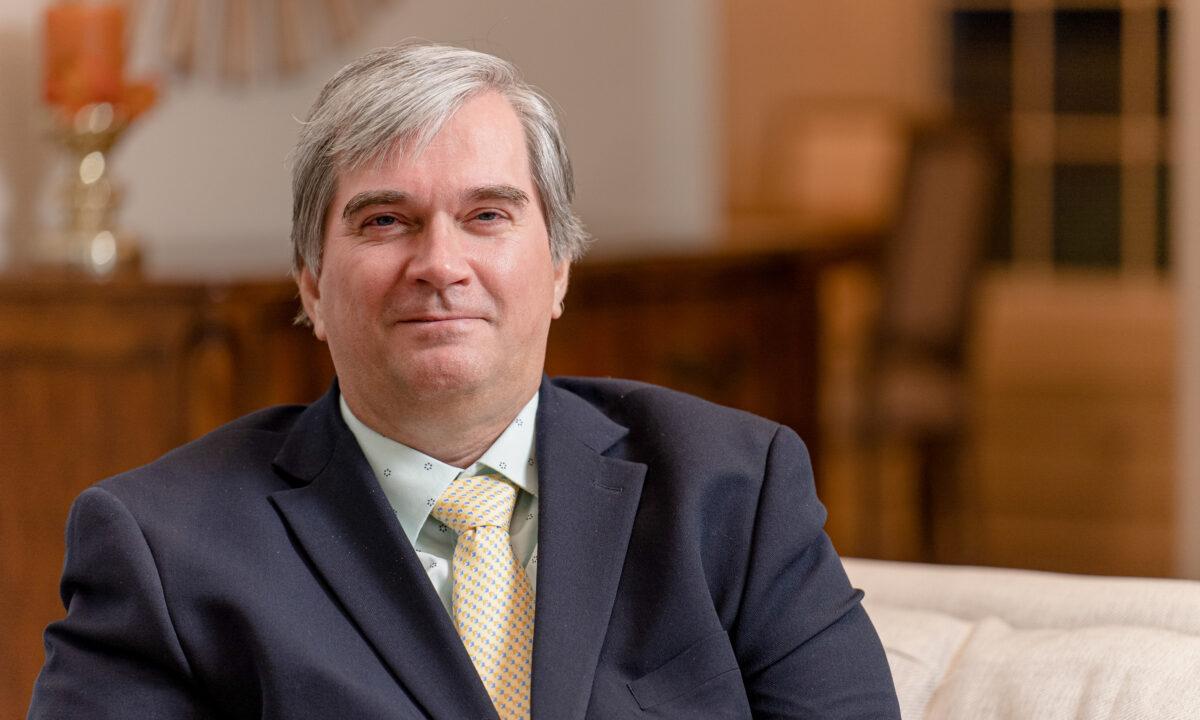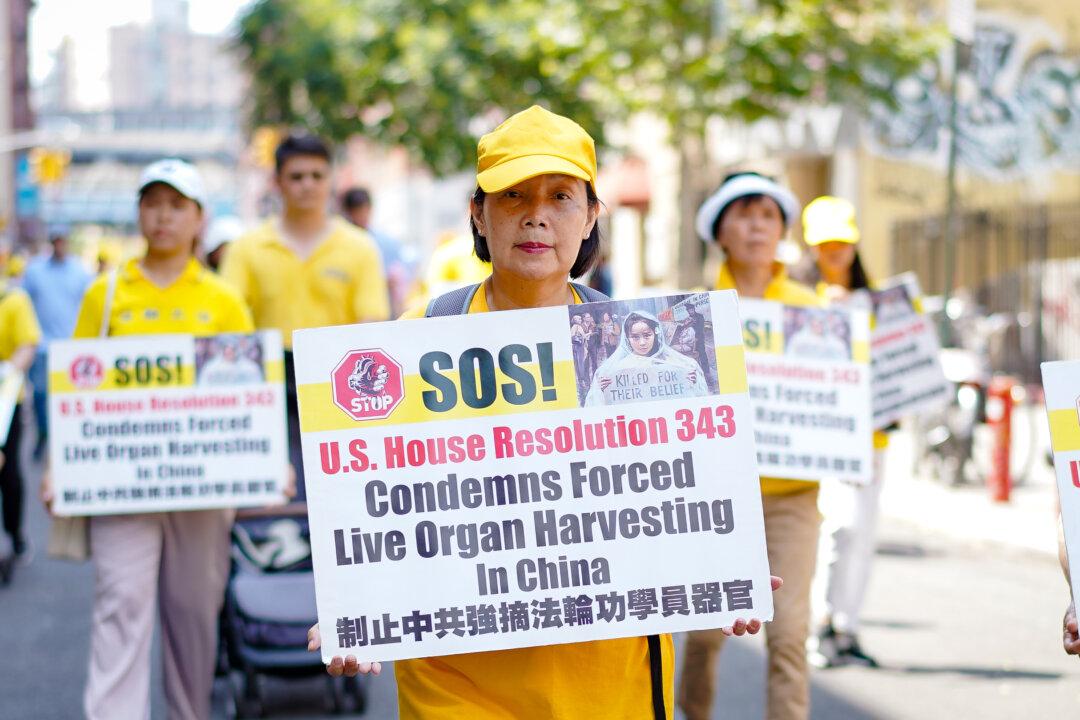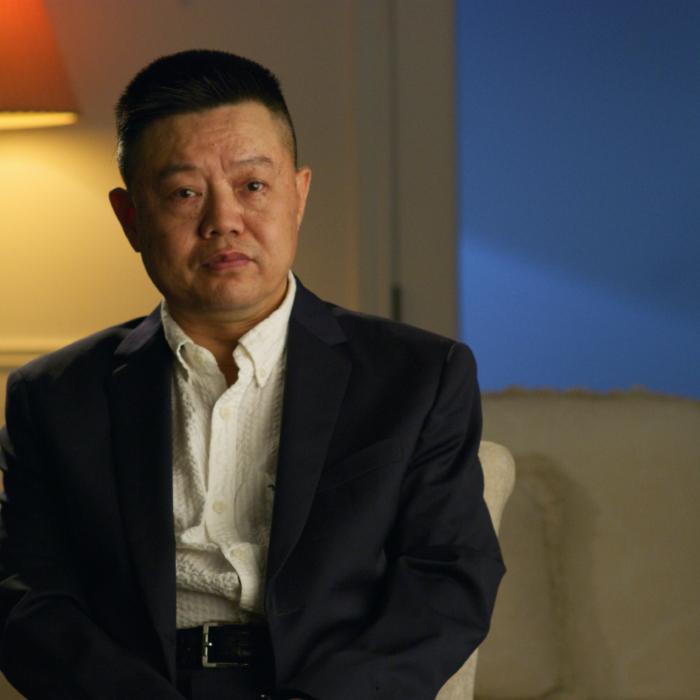A New York-based research group became the target of malicious cyberattacks almost immediately after publishing testimony of a whistleblower doctor’s encounter with a Falun Gong practitioner who had her kidney removed against her will in China. The woman was a victim of the communist regime’s forced organ harvesting and perished not long after her conversation with the doctor, according to the whistleblower.
In April 2019, Zhang Xiuqin, 46, briefly survived an operation to remove one of her kidneys and relayed her experience to a doctor at a key military hospital in Harbin, the capital of China’s northernmost province Heilongjiang.
The whistleblower doctor, who is unnamed to protect her safety, provided a video recording of this conversation to the World Organization to Investigate the Persecution of Falun Gong (WOIPFG), a New York-based nonprofit dedicated to tracking the regime’s forced organ harvesting abuse. The organization published a transcript of the recording, as well as a transcript of the doctor’s testimony on July 17.
The doctor said she observed injuries covering Ms. Zhang’s body, an open wound on her stomach, the site of the kidney extraction, and another open wound near her liver area. Only one of her kidneys was harvested. Ms. Zhang, the doctor believed, had likely suffered from severe abuses that battered most of her organs including her liver, rendering them unfit for transplant.
Hours after the testimony’s release, WOIPFG suffered its most severe cyberattack to date over its two decades of existence.
Falun Gong, a spiritual practice involving moral teachings centered on the values of truthfulness, compassion, and tolerance, as well as meditative exercises, has been the target of a bloody persecution perpetuated by the Chinese Communist Party for the past 24 years.

The denial of service attack sporadically shut down the organization’s website for an entire week. This sustained attack revealed the amount of resources the communist regime was willing to deploy to silence the issue, said WOIPFG’s lead researcher Dr. Wang Zhiyuan.
Beijing authorities had reacted quickly, Dr. Wang learned from his contact in China.
On the night of the testimony’s release, which was daytime in Beijing, the Ministry of Public Security, China’s top police authority, ordered its bureau in Heilongjiang, the region where the military hospital is located, to probe the matter, Dr. Wang was told by his source. The head office would also send someone over to Harbin city to receive the report.
“They were definitely afraid,” Dr. Wang told The Epoch Times. “Just think about how fast they reacted.”
“If they didn’t do anything wrong, why so agitated? They could have used the media as an outlet to attack us and put the matter to an end. But they dared not breathe a word in public.”
Dr. Torsten Trey, executive director of the Washington-based medical ethics advocacy group, Doctors Against Forced Organ Harvesting, saw the matter in the same light.
“Hacking usually comes with a purpose. In a commercial setting, it is about financial gains or intellectual property theft. None of the above would apply,” he told The Epoch Times.

“If you follow the question why they were hacked, you come to the conclusion that the news about the forced organ harvesting case in the Chinese hospital must be correct. The hacking attack indicates that the video recording is authentic.”
Dr. Trey further noted that WOIPFG has withheld the video recording over concerns of the provider’s safety. The unreleased video, he suggested, may have been another incentive for the hacking operation “as the hackers might want to prevent the release or do damage control.”
To “block, cover up, and play down” any information related to forced organ harvesting—this has been the strategy of the Chinese Communist Party (CCP) since the first allegations came to light nearly two decades ago, Dr. Wang said.
Although there have been two notable exceptions.
Later that year, an undercover WOIPFG investigator recorded Dr. Lu Guoping from southern China’s Guangxi Minzu Hospital admitted on the phone that the hospital was sourcing kidneys and livers from Falun Gong practitioners for organ transplant surgeries. In response, state-owned Chinese media Phoenix TV released an interview with Dr. Lu in which he denied the conversation.
Dr. Wang noted that the interview on Phoenix TV backfired as it actually helped verify the phone interview that WOIPFG had conducted.
“That man is a stammerer, it’s a very unique trait,” said Dr. Wang. “We interviewed him for nearly half an hour, who could make that voice up? With his image, video, and voice, it becomes another evidence proving our recording’s authenticity.”
That interview, which has since been scrubbed from China’s internet, marked the end of state media’s attempts to refute evidence of forced organ harvesting, according to the investigator.
“We can’t wait for them to respond,” Dr. Wang said. “We can have a public discussion on this and get this into the news cycle.”







